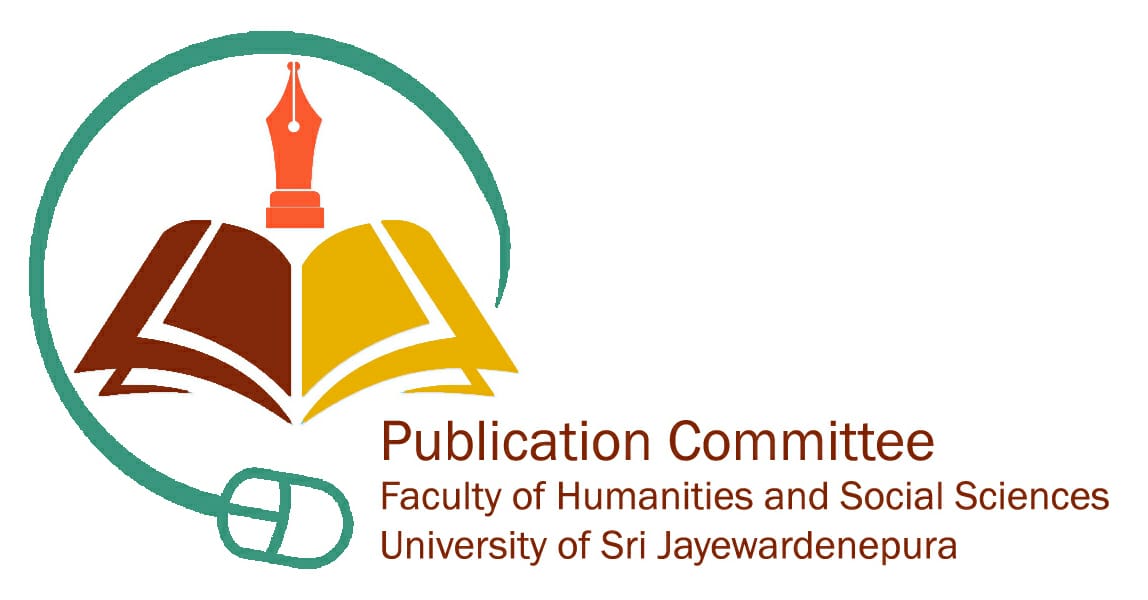Humans are the most important and intelligent species on this planet. Human beings are born with the vast capacity of inherent knowledge to grant their services to the world in diverse fields. Hence, if they are in good health in this life cycle, they will be able to contribute their great services to everyone while living happily with their family members, relatives, friends, neighbors, and the society.
As the Buddha proclaimed in the Dhammapada of the Khuddaka Nikaya, the greatest wealth of human beings is good health “arogya parama labha”. One of the disciples of the Buddha, the most venerable Arahant Bakkula Maha Thero lived for approximately 160 years free from any disease, due to the immense merit he had accrued with the meritorious deeds he performed throughout his transmigrations. He was honoured by the Buddha as ‘the greatest healthiest monk’ amongst the Sangha community.
Good health is of paramount importance to carry out one’s day to day life and activities. If someone is not healthy he or she will fail to do each and every deed in life. Hence, an unhealthy individual cannot be happy. Some people albeit having sufficient wealth, are unhappy when they are suffering from ill health. According to the Attassadwara jataka story, healthy people can make every effort to develop their lives through various ways in this birth. Thus, healthiness is extremely important for every individual in any society to live happily.
In the Buddhist canon, all diseases have been categorized into two main parts according to the vivid natures of their symptoms.
- Mental diseases
- Physical diseases
In this mundane life, all the people suffer from different mental illnesses because of ignorance (avijja). This ignorance is the principal source for all the mental diseases which arise in the human mind through the six organs or faculties (shadindriyani) i.e. eye, ear, nose, tongue, body, and mind. Every person in this world likes to feel the sensation (vedana) whether it is pleasant or unpleasant or neutral through the contact of physical and mental faculty with the external world. Consequently, each faculty experiences the sensation via the contact of the eye with visible forms, ear with sounds, nose with smell, tongue with taste, body with tangible objects, and mind with thoughts or mind-objects. On the other hand, mental diseases may also occur due to impure mental thoughts of the humans such as lust (raga), anger (dosa), illusion or delusion (moha), greediness, pride, jealousy, selfishness etc.
According to Bhandari (2020), “Mental illness can be caused by a combination of biological, psychological, and environmental factors. The biological factors such as genetics (heredity), abnormal functioning of nerve cell circuits or pathways that connect particular brain regions, brain defects or injury, prenatal damage, and long-term substance abuse can cause mental illness. Psychological factors include: Severe psychological trauma suffered as a child, such as emotional, physical, or sexual abuse. Environmental factors are certain stressors that include: death or divorce, a dysfunctional family life, feelings of inadequacy, low self-esteem, anxiety, anger, or loneliness, changing jobs or schools, social or cultural expectations can trigger an illness in a person who is susceptible to mental illness.” (Bhandari, 2020). However the Buddhist canon depicts one’s Karma as the reason for many of the above issues.
Until each individual identifies his or her mind wisely, mental illnesses would rise in the mind continuously throughout human life. Sometimes, some people may look healthy in their physical body but they may be mentally sick. Recent research has shown that nearly one in three people with a long-term physical health condition also has a mental health problem, most often depression or anxiety.
Once The Buddha said that all the humans are crazy “sabbe putujana ummantaka” until they attain Arahantship. Every human being may encounter a different type of physical disease easily from birth to death in this life. Even in the time of the Buddha, there were some monks and laymen who suffered in pain due to numerous diseases, including Putigattatissa, Arahant Mahakashyapa Thero, Arahant Chunda Maha Thero. In the Girimandanda Sutta, the Buddha has disclosed a list of illnesses of the human body which people encounter in day-to-day life due to diverse reasons. They are the diseases of the eye, ear, nose, tongue, body, head, mouth, teeth, skin diseases, scratching, vomiting, paralysis, cancer, bagandara and so on. Further, the Buddha has explained in the same sutta the reasons for these diseases to arise in the human body such as excessive pile in the body, excessive phlegm, rheumatics factor, climatic changes, Karmic power, and so on.
As we all know we can live only for a short time in this existence. Hence, each person should realize the value of human life and strive to maintain healthiness throughout his/her life. Physical health problems significantly increase our risk of developing mental health problems, and vice versa. If one lives with good thoughts doing virtuous deeds that person can spend his or her time happily. Consequently happiness leads to long healthy life. Furthermore, according to the Mental Health Foundation (2021), “physical activity is a great way to keep you physically healthy as well as improving your mental wellbeing. Research shows that doing exercise releases feel-good chemicals called endorphins in the brain. Even a short burst of 10 minutes brisk walking can improve your mental alertness, energy and mood. Eating well can improve your wellbeing and your mood. A balanced diet is one that includes healthy amounts of proteins, essential fats, complex carbohydrates, vitamins, minerals and water.”
Spending your time sans stress, leisurely, reading books or doing your favourite hobby, meditation, associating good friends, helping others, working according to a schedule, etc. will direct you to build up good mental health. In addition to this, avoiding smoking, alcohol and drug abuse, people’s cleanliness, getting a proper sleep, following health guidelines etc. would help one to maintain good health.
In conclusion, every person across the world is entangled in numerous problems due to the COVID 19 pandemic. Some people opine that there is no value in money due to the fatalities and seeing dead bodies every day from morning to night. The aftermath of the pandemic has claimed the lives of 5.7 million men, women and children, with a total of 385 million Covid patients worldwide. In Sri Lanka 613,000 persons have been infected and the death toll stands at 15,492 (as of 3/2/2022). This sorrowful experience has made many people in the world to reflect on their transient lives and they have realized that the greatest wealth is health in human life than relentlessly running after rupees and dollars. At least now in these dystopian times, we all have to adhere to and accept the Buddha’s teachings. The Buddha, the Supreme one, has shown us through his noble sermons the reality of life and the dire necessity to live our life righteously and piously now, and not to procrastinate our quest to attain Nirvana.
Dr. Ven. Dodamgoda Sumanasara Thero
Department of English Language Teaching
Faculty of Humanities and Social Sciences
University of Sri Jayewardenepura
Reference
Anguttara Nikaya: Girimandanda Sutta,
Khuddaka Nikaya: Dhammapada, Sukha Vagga,
Pansiyapanas Jataka story: Attassadwara jataka story
Narada, (2012), The Buddha and His Teachings, Nedimala: Buddhist Cultural Centre.
Rahula, W. (1959), What The Buddha Taught, London: The Gordon Gallery Ltd.
Bhandari, S. (2020) Causes of Mental Illness:
https://www.webmd.com/mental-health/mental-illness-children
Mental Health Foundation (2021). Physical health and mental health:
https://www.mentalhealth.org.uk/a-to-z/p/physical-health-and-mental-health
Zeis, Patrick (2018). 20 Authentic Buddha Quotes from the Dhammapada:
https://www.balancedachievement.com/grow-more/authentic-buddha-quotes-dhammapada/
Corona virus statistics
https://www.google.lk/search?q=number+of+covid+cases+today&sxsr






